In today’s fast-paced digital world, customer relationships are at the heart of business success. Managing these relationships effectively can be a challenge without the right tools. That’s where *Customer Relationship Management (CRM) software* comes in. But what exactly can CRM software do, and why is it essential for your business No matter your industry or business size, CRM software offers comprehensive tools to manage customer data, interactions, and sales processes efficiently. So, what can CRM software really do for your business .
CRM software enables businesses to personalize communications by storing detailed customer profiles, including their purchase history, preferences, and past interactions.
In many cases, staying top-of-mind with customers requires timely follow-ups, whether it’s to check in after a purchase, confirm a meeting, or send reminders about upcoming events or promotions.
CRM software can integrate with live chat systems, email, and social media platforms to offer real-time communication options to customers.
For sales teams, CRM software is a game-changer. It allows businesses to track potential leads from the initial point of contact to closing the deal. You can visualize your sales pipeline, identify where each prospect is in the buying journey, and set reminders for follow-ups. CRM tools also provide sales forecasts, helping you plan for future growth and allocate resources effectively.
One of the key benefits of CRM software is its ability to organize leads effectively. Instead of relying on scattered spreadsheets, manual records, or notes, CRM systems centralize all lead information in one platform. Sales teams can input lead details, track their source, and monitor interactions, ensuring no lead is lost or forgotten.
A visual sales pipeline is one of the most powerful features of CRM software. It provides a clear overview of where each lead or deal stands in the sales process. Sales pipelines are typically displayed in stages, such as "New Lead," "Contact Made," "Proposal Sent," and "Closed Deal."
Not all leads are created equal, and some prospects are more likely to convert than others. CRM software helps sales teams prioritize leads by automatically assigning scores based on predefined criteria, such as how they’ve interacted with your website, opened emails, or responded to marketing campaigns.

One of the most significant benefits of CRM automation is its ability to eliminate repetitive manual tasks. Sales reps often spend valuable time entering data, sending follow-up emails, and managing schedules.
CRM software can automate various customer support processes, leading to improved service and faster response times. For example, when a customer submits a support ticket, the CRM can automatically categorize it, assign it to the right team member, and send an acknowledgment email to the customer.
Automated workflows in CRM help streamline lead management processes. When a new lead is generated, the CRM can automatically assign it to the appropriate sales rep based on predefined criteria, such as territory or expertise.
CRM systems generate detailed reports on sales performance, marketing campaign success, and customer satisfaction to guide business strategies.

CRM systems collect vast amounts of data, which can be transformed into actionable insights through built-in reporting tools. You can track metrics like customer acquisition costs, sales performance, customer satisfaction, and retention rates. With this data at your fingertips, it’s easier to make informed decisions and adjust your strategies to drive growth.
CRM systems centralize customer interactions, sales activities, and marketing efforts, providing a wealth of data for analysis. By capturing detailed information on customer behavior, preferences, and transaction history, businesses can create a comprehensive view of their customers and market dynamics.
One of the standout features of CRM analytics is real-time reporting. Businesses can access up-to-the-minute data on sales performance, lead conversion rates, customer satisfaction, and more.
CRM software often includes customizable dashboards that allow users to visualize key metrics and KPIs relevant to their specific roles. Sales teams can track their progress against targets.
In today’s mobile-first world, most CRM systems offer mobile apps that allow your team to access customer data and updates from anywhere.
Capturing data and leads while on the move is crucial for maximizing opportunities. Mobile CRM apps allow users to quickly enter information about new leads, log interactions, and update customer details in real time.
Mobile CRM provides users with the ability to manage their sales pipeline from anywhere. Sales reps can view their pipeline, update deal statuses, and add notes about interactions—all from their mobile devices .
Customer service representatives benefit greatly from mobile CRM access. They can view customer profiles, access support tickets, and respond to inquiries while on the go.
CRM software is an indispensable tool for businesses of all sizes. It helps streamline operations, improve customer relationships, and drive revenue growth. Whether you’re looking to improve sales processes, enhance marketing efforts, or provide superior customer service, a robust CRM system can help you achieve your goals.
If your business isn’t using CRM software yet, now is the time to explore its benefits. By investing in a CRM system, you’ll be better equipped to manage customer interactions and stay ahead of the competition.
Here’s why we stand out from the
crowd and our due recognition for the
innovation and excellence we pioneer in the industry.
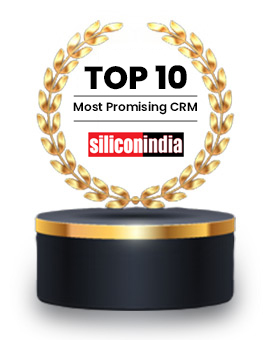
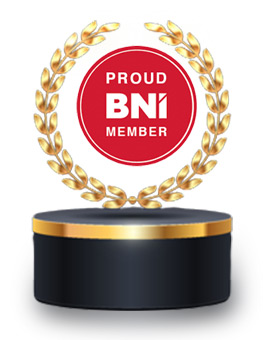
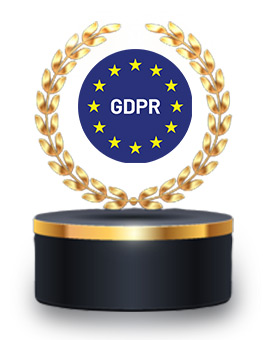

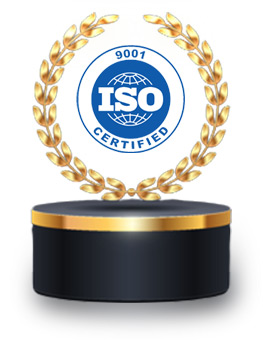
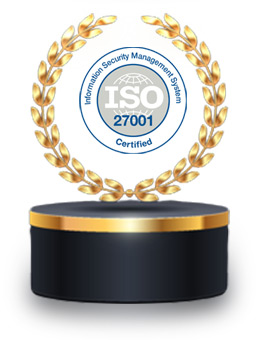



Take your business to the next level. Trusted by 5000+ business globally.